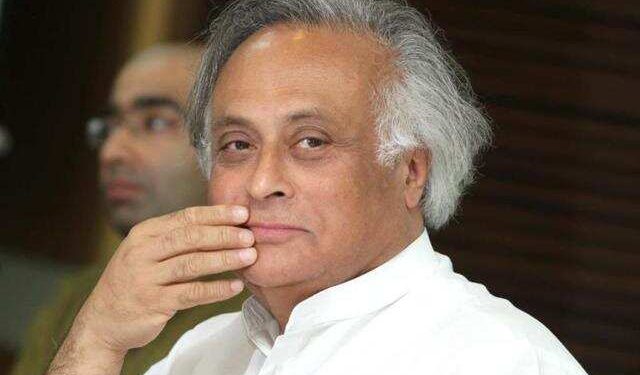Bhubaneswar: Congress MP Jairam Ramesh Monday accused the Union government of neglecting classical languages like Odia, Malayalam and only focussing on promotion of Sanskrit which, he said, is spoken by hardly 15,000 people.
Speaking on the Central Sanskrit Universities Bill, 2019 in the Rajya Sabha, Ramesh said, “We are in danger of giving greater importance to Sanskrit at the cost of other regional languages.” Sharing the information revealed by Union Culture Ministry over the expenditure made on the promotion of Indian classical languages, Ramesh said, “In the last three years, the Centre has spent Rs 640 crore on popularisation of Sanskrit but it has not spent a penny on Odia and Malayalam languages.”
“These are six classical Indian languages in India – Sanskrit, Tamil, Telugu, Kannada, Malayalam and Odia. We have spent Rs 650 crore on Sanskrit, Rs 24 crore on Tamil, Rs 3 crore on Kannada, Rs 3 crore on Telugu and zero on Malayalam and Odia. This completely negates the policy which we ought to follow,” Jairam said.
“Tamil is not a language of Tamil Nadu alone, it is a national language. Malayalam is a national language, Odia is a national language. These are spoken by millions of people. But, for a language that is spoken by roughly 15,000 people, we are spending Rs 650 crore. We may not like this, but this is a fact that historically Sanskrit has always been the elite language,” Jairam added.
Meanwhile, Biju Janata Dal (BJD) MP Prashanta Nanda welcomed the bill which seeks to establish and incorporate Universities for teaching Sanskrit and developing all inclusive Sanskrit promotional activities. While speaking on Sanskrit as a language, Nanda said “Sanskrit is the oldest language and it is important to preserve this language for the welfare of the world. He also said that Sanskrit is also essential for the Indian history.”
He added that people only know the language’s spiritual significance whereas in ancient times many scientific texts and treatises were coded in Sanskrit.
“This language is relevant today and it will remain relevant in future also. Sanskrit is essential for spiritual growth and upliftment of human values in the country,” Nanda said.






































